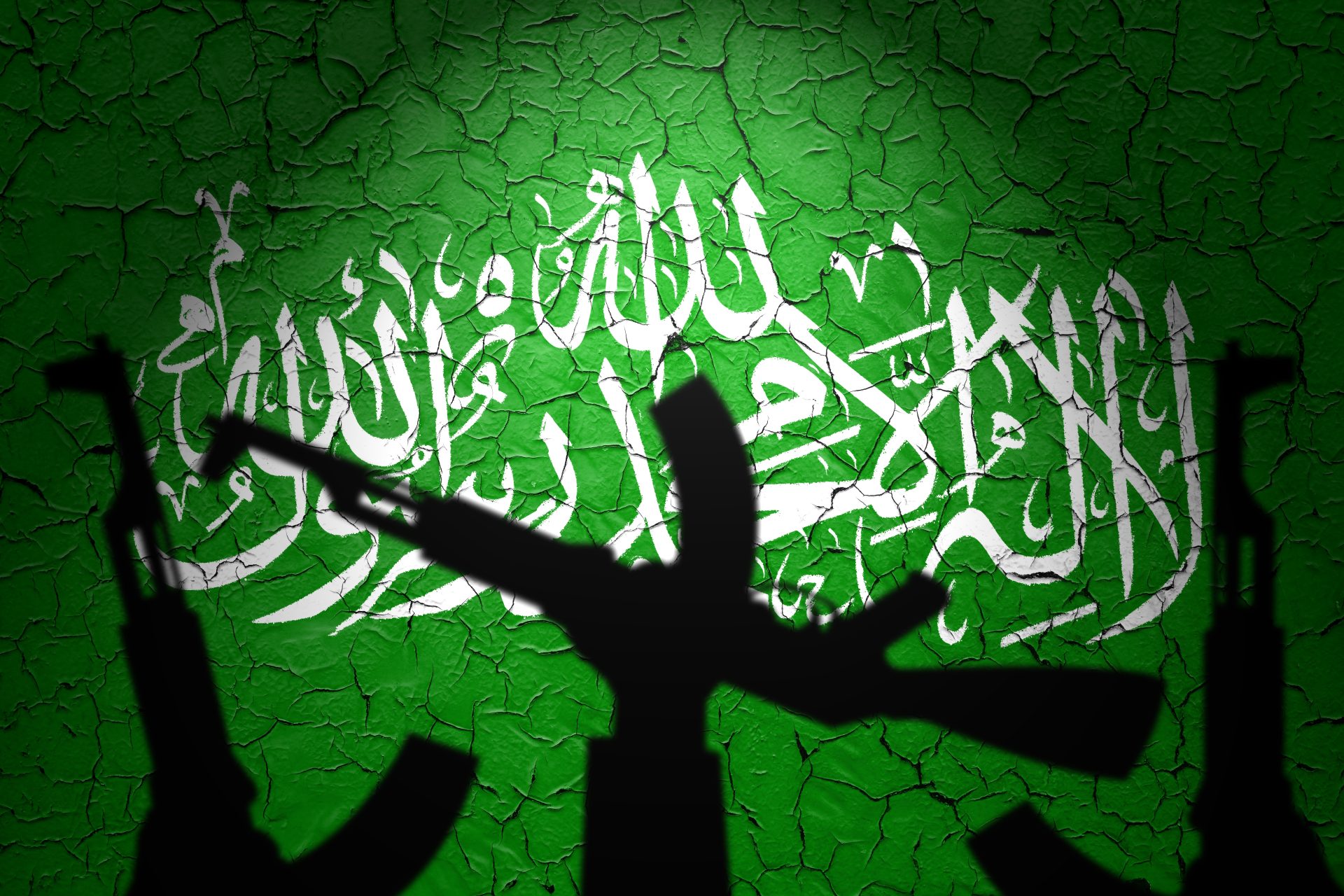
Ceasefire or TRAP? Did HAMAS Overplay Its Hand?
Israel rejects Hamas’s ceasefire proposal as negotiations deteriorate amid accusations that the terrorist organization has made excessive demands beyond the original US-brokered framework.
At a Glance
- Israel declined to send a delegation to Qatar after Hamas requested significant changes to the US-proposed ceasefire outline
- Hamas demands include a seven-year ceasefire, complete IDF withdrawal, and cancellation of humanitarian foundation activities
- The US proposal included a 60-day pause in fighting and the release of 10 hostages in exchange for over 1,100 Palestinian prisoners
- Israeli Prime Minister Netanyahu insists the war will not end until all hostages are freed and Hamas is dismantled
- Tensions between mediators are growing, with Egypt criticizing the US approach to negotiations
Negotiations Collapse as Hamas Alters Terms
Israel has refused to send a delegation to Qatar for hostage deal negotiations after Hamas demanded substantial changes to the proposed US framework. According to Israeli officials, Hamas’s new demands extend far beyond the original outline presented by US envoy Steve Witkoff, effectively derailing what had appeared to be promising progress. The terrorist organization’s revised terms include a ceasefire lasting up to seven years, complete Israeli military withdrawal from strategic areas, and cancellation of the Gaza Humanitarian Foundation’s activities.
Despite Israel’s refusal to continue face-to-face talks under these conditions, an Israeli official confirmed that “negotiations have not stopped, efforts of the mediators still continue.” Israel maintains its commitment to the original Witkoff framework, with a diplomatic source stating, “Israel has agreed to the Witkoff framework as proposed – that is the official position.” The White House had previously announced Israel’s acceptance of the US proposal, highlighting the growing disconnect between the parties.
🇮🇱 ISRAEL URGES U.S. ACTION AGAINST IRAN, REJECTS PALESTINIAN STATE, NEGOTIATES HOSTAGE RELEASE WITH HAMAS, AND DEMANDS GAZA AID RE-EVALUATION
🔹 The Iranian Foreign Ministry announced the completion of the fourth round of indirect Iran-U.S. negotiations, describing them as…
— Israel Realtime (@IsraelRealtime) May 11, 2025
Details of the Proposed Agreement
The US-crafted proposal included a 60-day pause in fighting, with serious negotiations for a long-term truce and guarantees against resuming hostilities after hostages are released. Israeli forces would withdraw to pre-truce positions, and Hamas would release 10 hostages and several bodies in exchange for the release of over 1,100 Palestinian prisoners. Additionally, the deal would allow hundreds of trucks with food and humanitarian supplies to enter Gaza daily.
“The Zionist response, in essence, means perpetuating the occupation and continuing the killing and famine.”, said Bassem Naim
Hamas has criticized the proposal, claiming it falls short of their key demands, such as ending the war completely, withdrawing Israeli forces from all of Gaza, and allowing unrestricted aid access. Hamas official Bassem Naim stated the proposal “does not respond to any of our people’s demands, foremost among which is stopping the war and famine.” US envoy Witkoff reportedly responded to Hamas’s counterproposal by saying, “This is not an answer – it is a slammed door. Hamas’s response only distances us from an agreement.”
Wall Street Journal: “ICC Set Plan to Charge Netanyahu Just After Prosecutor Was Accused of Sexual Assault”
The bold step to pursue the Israeli leader for war crimes built support at the international court for prosecutor Karim Khan as allegations of sexual abuse were…
— Hillel Neuer (@HillelNeuer) May 16, 2025
Regional Tensions and Diplomatic Friction
Tensions between mediators have increased as negotiations falter. Egyptian Foreign Minister Badr Abdel Ati has expressed concerns about the potential for an open war of attrition in Gaza and criticized the US for its role in the negotiation failures. Egypt has raised alarms about the impact of Israeli Defense Forces activities on its national security, suggesting that current diplomatic approaches are proving ineffective in resolving the conflict.
Israeli Prime Minister Netanyahu has consistently maintained that the war will not end until all hostages are freed and Hamas is dismantled or exiled. Israeli sources perceive Hamas’s willingness to negotiate as merely a tactical move to improve its international image rather than a genuine desire for peace. Meanwhile, American-Palestinian businessman Bishara Bahah remains in Doha at Witkoff’s request, attempting to maintain communication channels with Hamas to prevent a complete breakdown in talks.
Continued Hostilities on the Ground
As diplomatic efforts stall, violence continues in Gaza. Recent Israeli airstrikes killed at least 12 people in Jabaliya, including six members of the same family, according to local sources. Netanyahu’s plans for indefinite security control over Gaza and what he has termed “voluntary emigration” of its population have drawn international criticism. Hamas continues to demand a lasting ceasefire, more prisoner releases, and a full Israeli withdrawal before they will consider releasing the remaining hostages.
The situation remains fluid as mediators from the US, Qatar, and Egypt continue attempting to salvage negotiations despite the growing impasse. The humanitarian crisis in Gaza deepens while both sides appear increasingly entrenched in their positions, raising concerns about prolonged conflict with no immediate resolution in sight.


